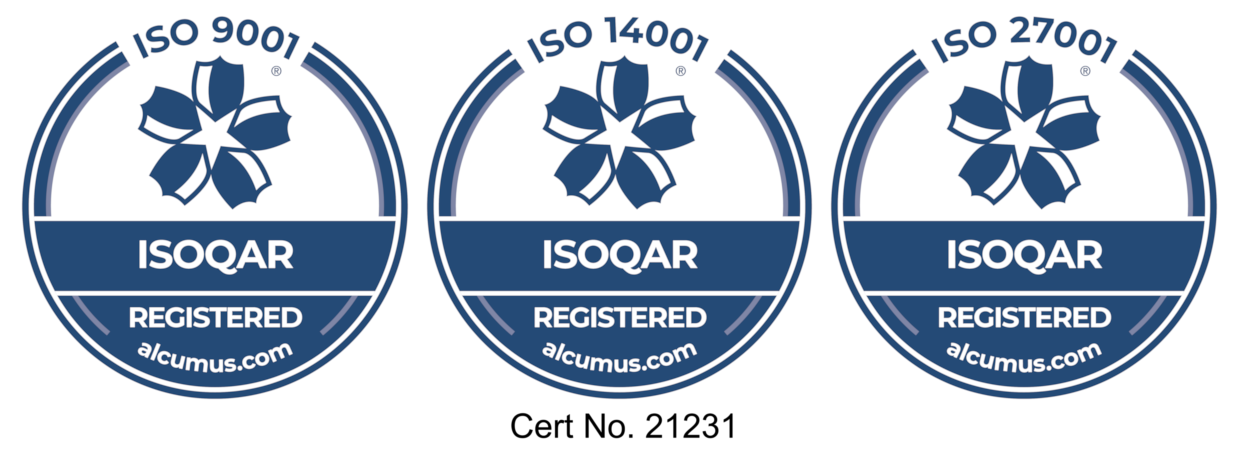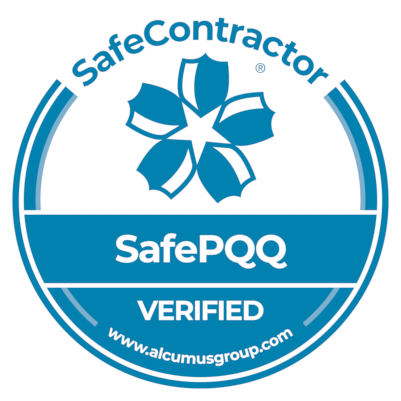While for most businesses, wheeled bin collection services for general waste and dry recycling are the norm, there are considerable variations in the way waste is collected from households and smaller commercial premises.
Recycling and waste minister Rory Stewart (pictured right) has again reiterated the idea that across England the way councils provide waste services should change to become more similar. The minister is in favour of possibly five different systems on a menu from which councils can choose. This, Mr Stewart believes, would make life easier for householders; reduce costs to councils and help drive up recycling rates.
As with businesses, which have a legal requirement to at least separate out recyclables from residual waste, councils also have a number of duties with regard to recycling. They have an overall recycling rate target of 50% by 2020, although this is not a legal one for each council but for the UK as a whole.
There are no business recycling specific targets for residual waste but the government is keen to see more material recycled. However, at present observers suggest there are few pressures on residual waste apart from for specific streams, including packaging and waste electrical and electronic items, where there are producer responsibility regimes.






